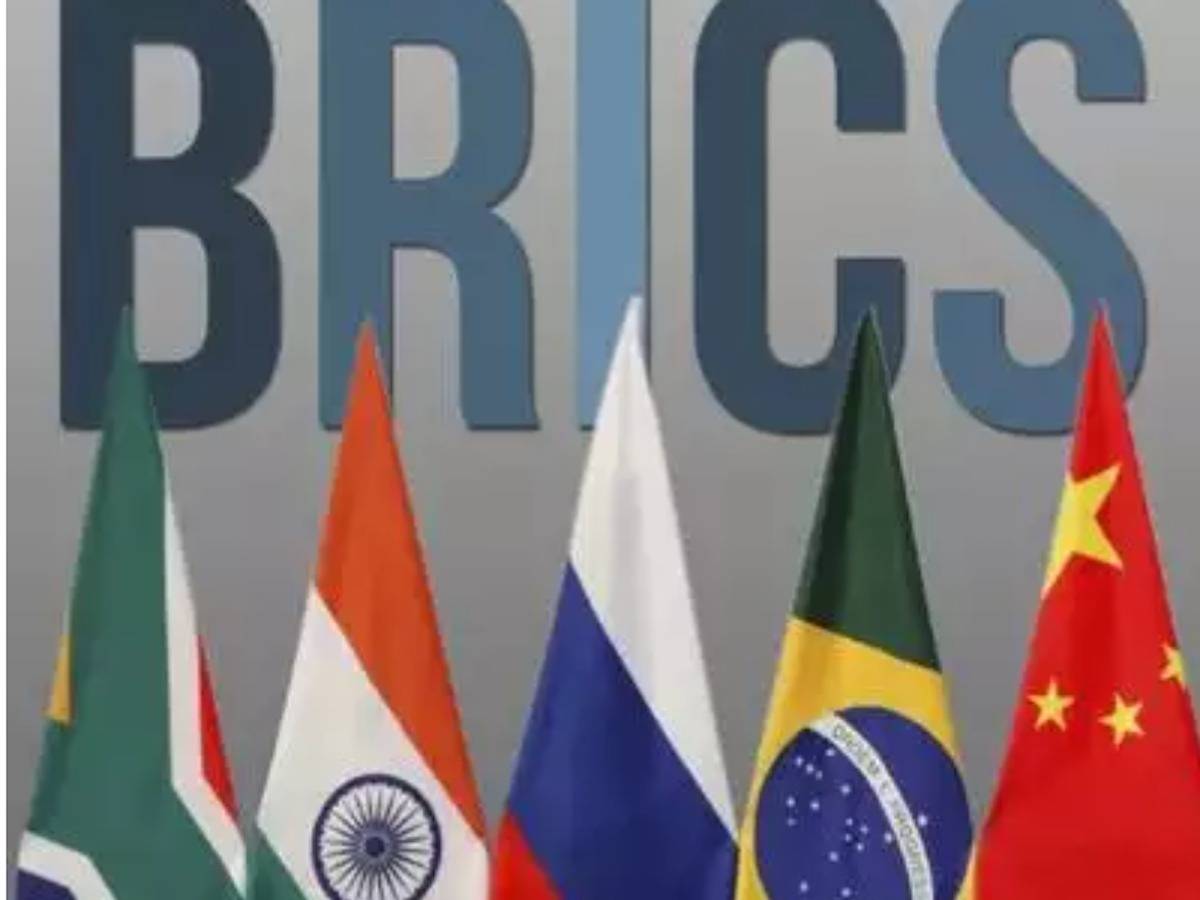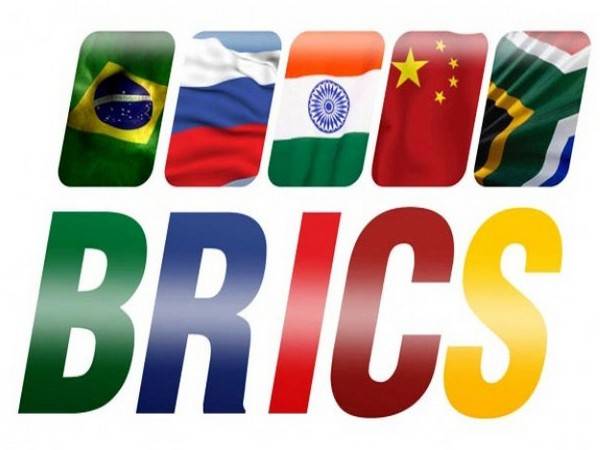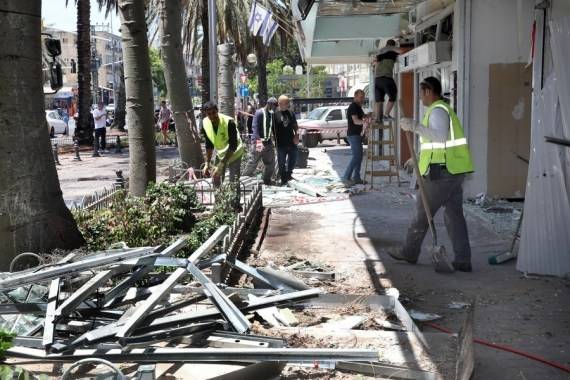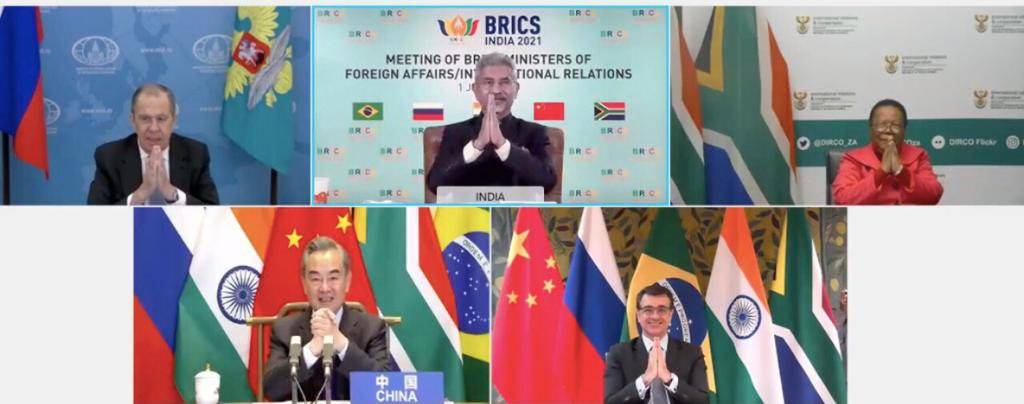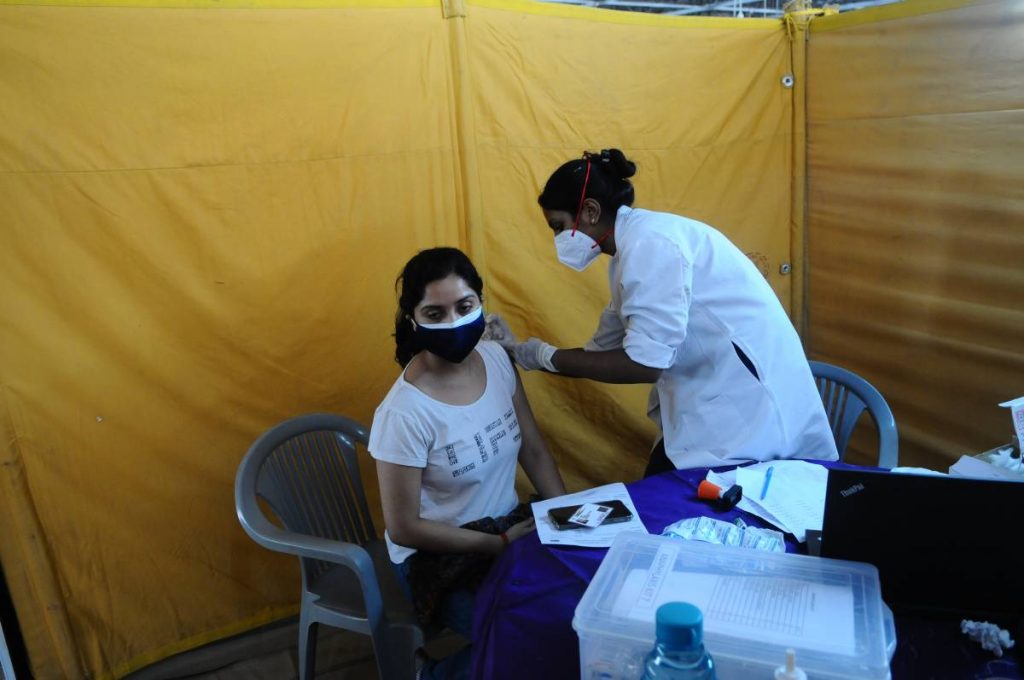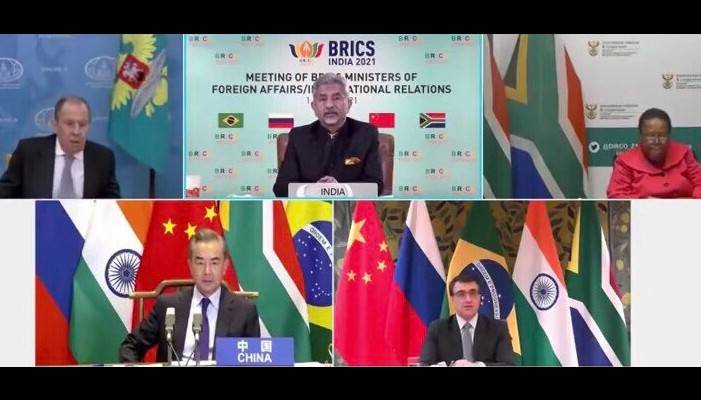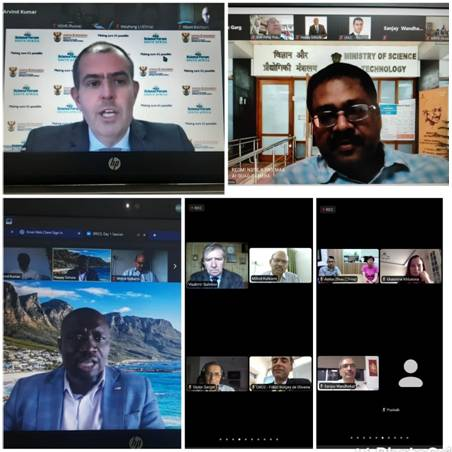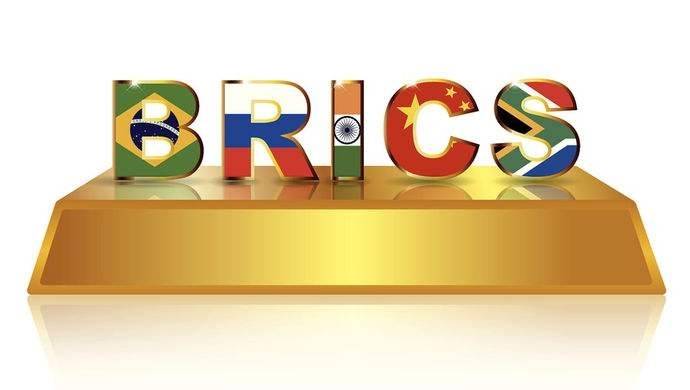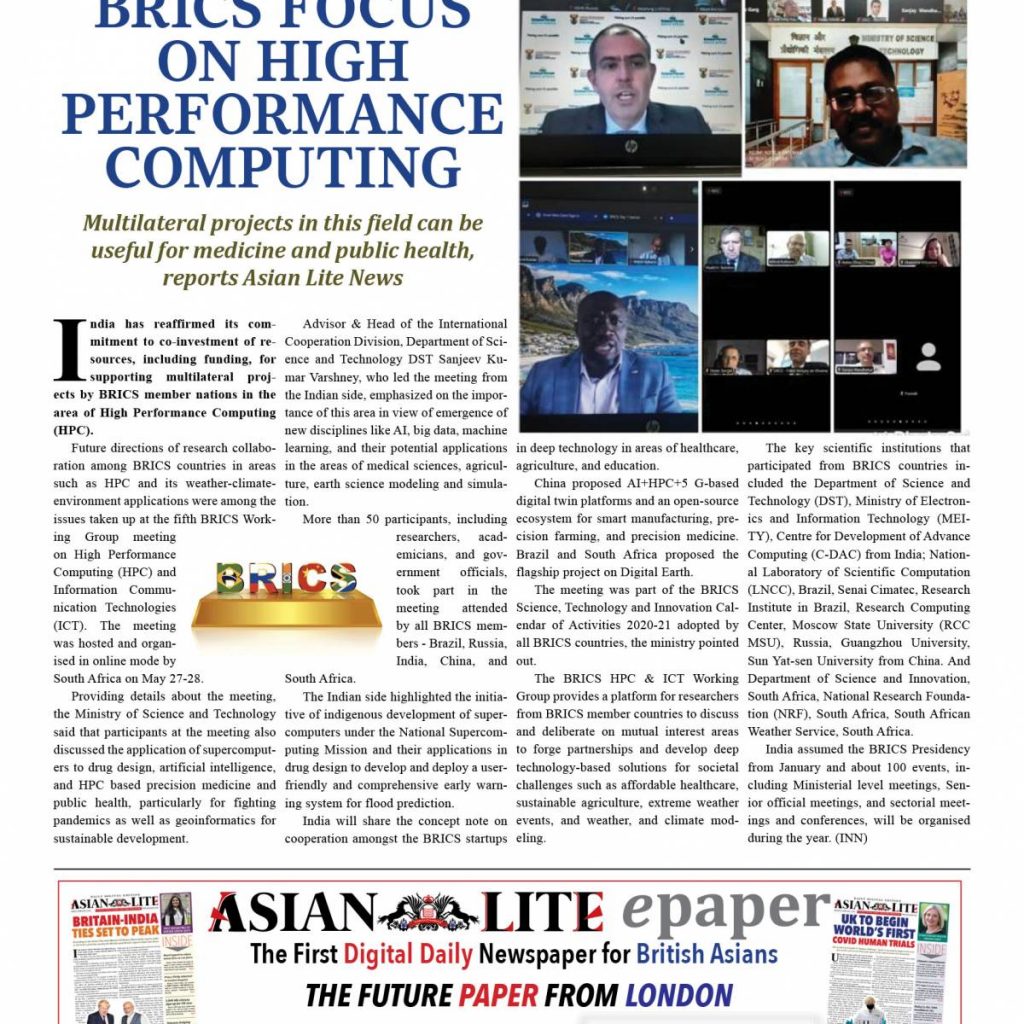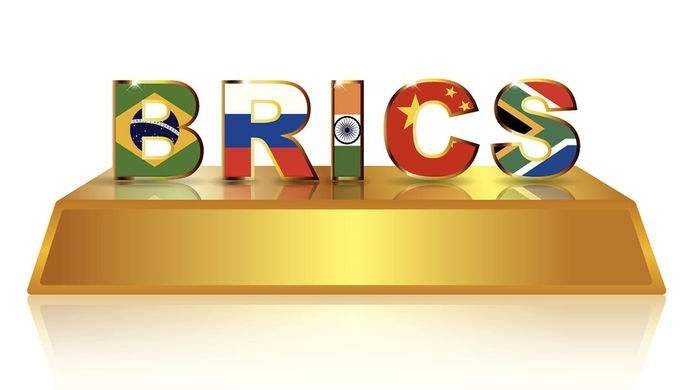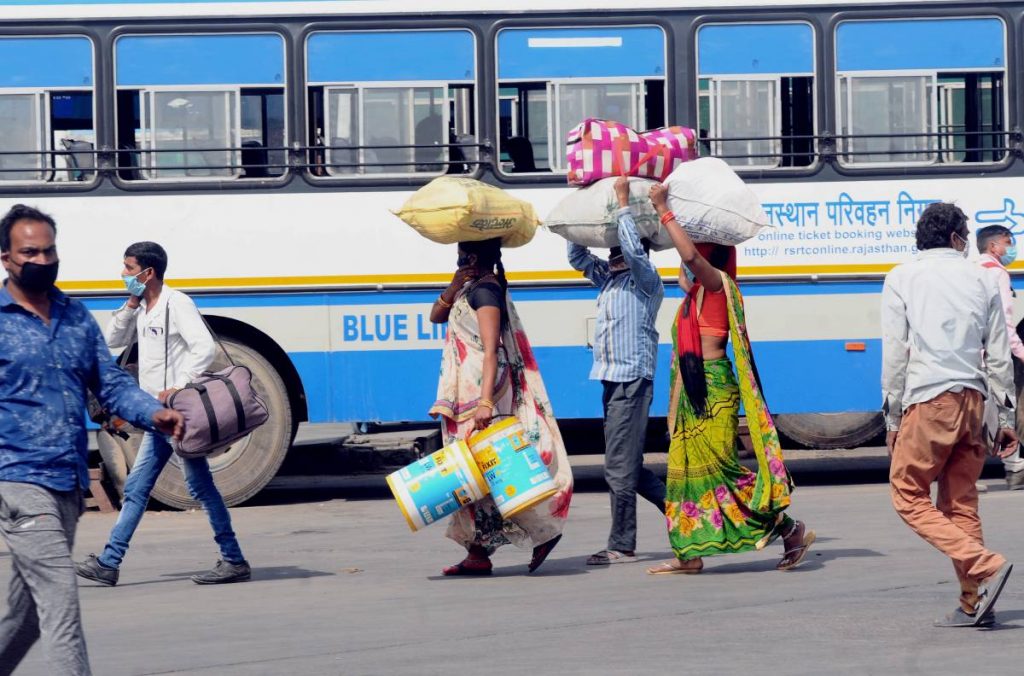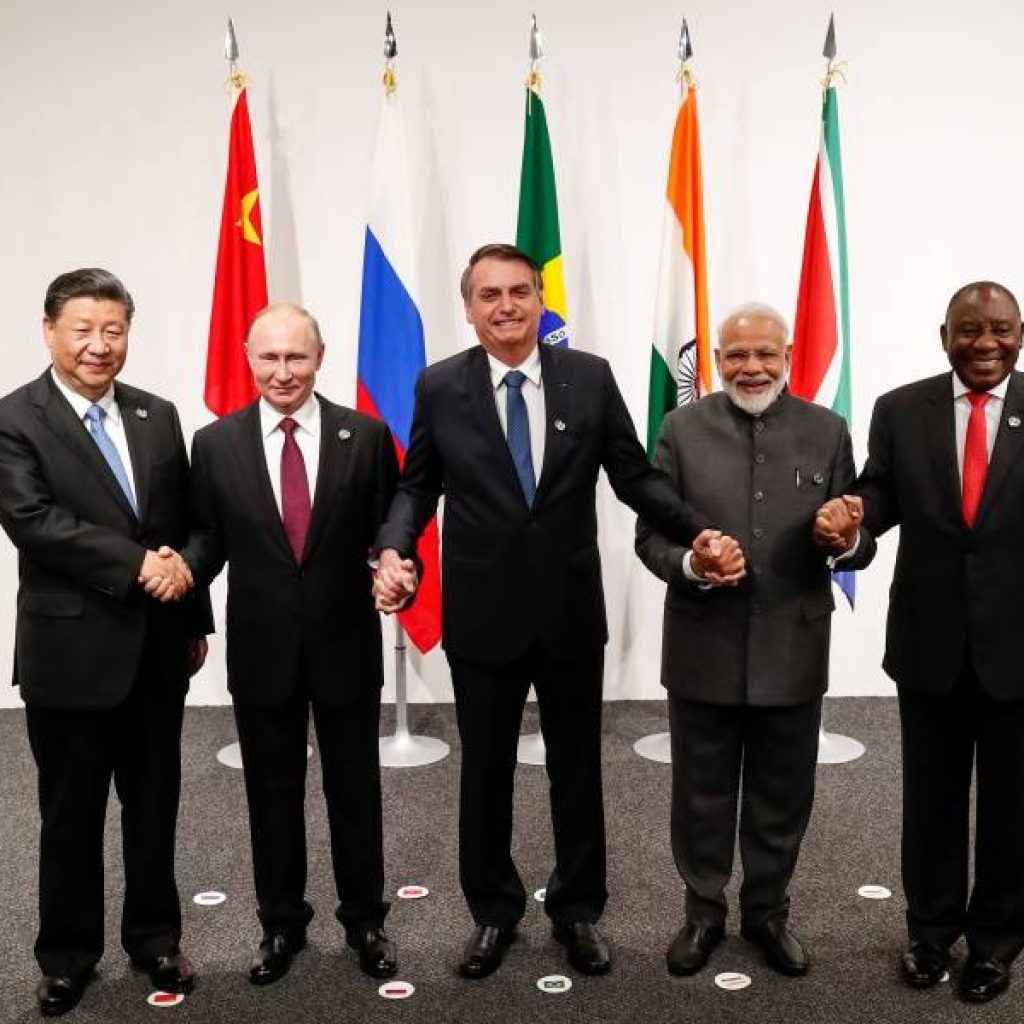India had proposed the plan to facilitate sharing of experiences of each other’s innovation ecosystem and networking of innovators and entrepreneurs….reports Asian Lite News
All BRICS countries have agreed to the STI-led BRICS Innovation Cooperation Action Plan (2021-24) proposed by India during the 12th meeting of the BRICS S&T Steering Committee, the Department of Science and Technology said.
India had proposed the plan to facilitate sharing of experiences of each other’s innovation ecosystem and networking of innovators and entrepreneurs.
The details of the action plan will be worked out by the BRICS Science, Technology Innovation Entrepreneurship Partnership (STIEP) working group, it said.
“It was agreed that the proposal may be forwarded to BRICS STIEP working group through the respective country’s STI focal point,” the DST said.
The DST hosted the 12th meeting of the BRICS S&T Steering Committee on July 8.
Scientific ministries and agencies of all BRICS countries participated in it.
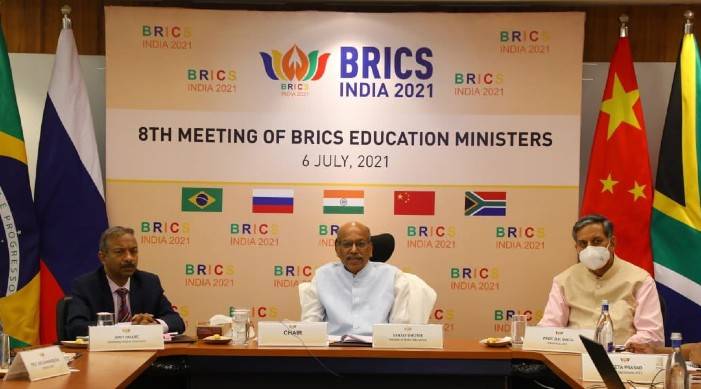
ALSO READ: BRICS Backs Covid-19 Vaccine Patent Waivers
BRICS officials discussed in detail about the thematic areas for this year’s call for proposals at the meeting and unanimously agreed for collaboration in 10 thematic areas.
These are Transient Astronomical Events and Deep Survey Science, Antimicrobial Resistance (AMR): Technologies for Diagnosis and Treatment, Simulation and Big Data Analytics for Advanced Precision Medicine and Public Healthcare, HPC and Big Data for Sustainable Development: Solving Large Scale Ecological, Climate and Pollution Problems, Innovation and Entrepreneurship on Photonic, Nanophotonics, and Metamaterials for Addressing Bio-medicine, Agriculture, Food Industry and Energy Harvesting Issues, Materials Science and Nanotechnology for Addressing Environmental, Climate Change, Agricultural, Food, and Energy Issues, Renewable Energy including Smart Grid Integration, Ocean and Polar Science and Technology Water Treatment Technology Research in Aeronautics and Aerospace.
These areas have been recommended by different thematic working groups.
All countries also agreed to thematic areas proposed by India for the sixth edition of the BRICS Young Scientist Conclave which will be held in Bengaluru during September 13-16.
The three themes to be discussed at the conclave include healthcare, energy solutions and cyber-physical system (CPS), and their applications.
India’s new proposal regarding inviting BRICS partnership in India’s Technology Summit, which got positive support from all countries, was suggested to be sent through the BRICS Sherpa office for suggestions from all stakeholders, it added.
ALSO READ: BRICS countries resolve to enhance collaboration in higher education

